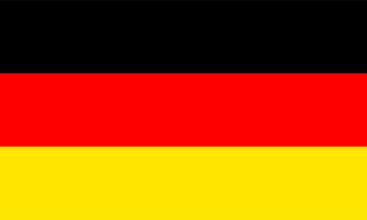Germany

Germany is a federal parliamentary republic in western-central Europe. It includes 16 constituent states and covers an area of 357,021 square kilometres with a largely temperate seasonal climate. Its capital and largest city is Berlin. With 81 million inhabitants it is the second most popular migration destination in the world.
In the 21st century Germany is a great power and has the world's fourth-largest economy by nominal GDP as well as the fifth-largest by PPP. As a global leader in several industrial and technological sectors, it is both the world's third-largest exporter and importer of goods. Germany is a developed country with a very high standard of living sustained by a skilled and productive society. It upholds a social security and universal health care system, environmental protection and a tuition-free university education.
Germany was a founding member of the European Union in 1993. It is part of the Schengen Area, NATO, the G8, the G20 and the OECD.
Germany has a social market economy with a highly skilled labour force, a large capital stock and a high level of innovation. It is the world's third largest exporter of goods, and has the largest national economy in Europe .
The service sector contributes approximately 71% of the total GDP, industry 28% and agriculture 1%. According to the OECD, Germany has one of the highest labour productivity levels in the world. Being home to the modern car, the automotive industry in Germany is regarded as one of the most competitive and innovative in the world, and is the fourth largest by production. The top 10 exports of Germany are vehicles, machineries, chemical goods, electronic products, electrical equipments, pharmaceuticals, transport equipments, basic metals, food products, and rubber and plastics.